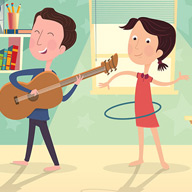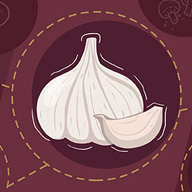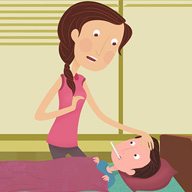Parents lead stressful lives, juggling a balance of work, children and their homes. Often, without consciously realizing it, parents let slip certain words which can be detrimental to their child. This is not a reference to curse words or abusive language. These are words used inadvertently (often regularly) and the repercussions of these can be harmful. This isn't a complete list of words, as compiling such a list would be next to impossible. However, the goal is to make parents more conscious of the words they use.
"Bossy"
Usually, this word comes up when parents talk about little girls who decide to take up leadership roles during playtime. Sadly, this word has begun to extend to women who decide to do the same and grow up hearing this from a young age. By using such a word, parents are suggesting that taking on a role of authority is something girls should not do. This could discourage and force them to take a back seat and become meek or quiet. Girls need to carve out their dynamics within their group of friends and unless they are causing harm to another child, it is not for parents to pass such judgement calls.
"Stupid"
It slips out of the mouth easily, often when a parent is frustrated or when their patience is worn thin. It comes up during homework time or when they are reprimanding their child for making a mistake. The effect such a word has on the mind of a child is ten-fold, as compared to when an adult hears it. It pushes down on their self-esteem and rears the ugly head of self-doubt. Next time the word bubbles up, remember its long term damage.
"Selfish"
Children are inherently egocentric and over time, they pick up on social cues when it comes to interacting with and caring for others. However, the word 'selfish' comes loaded with the concept of guilt. Essentially, the overuse of this word implies a sense of guilt when it comes to a child thinking about themselves or wanting to do something for themselves. Instead of using this loaded word, parents can consider walking their children through their actions and help them understand the impact their actions have on others. It is a far more constructive way of approaching the problem.







